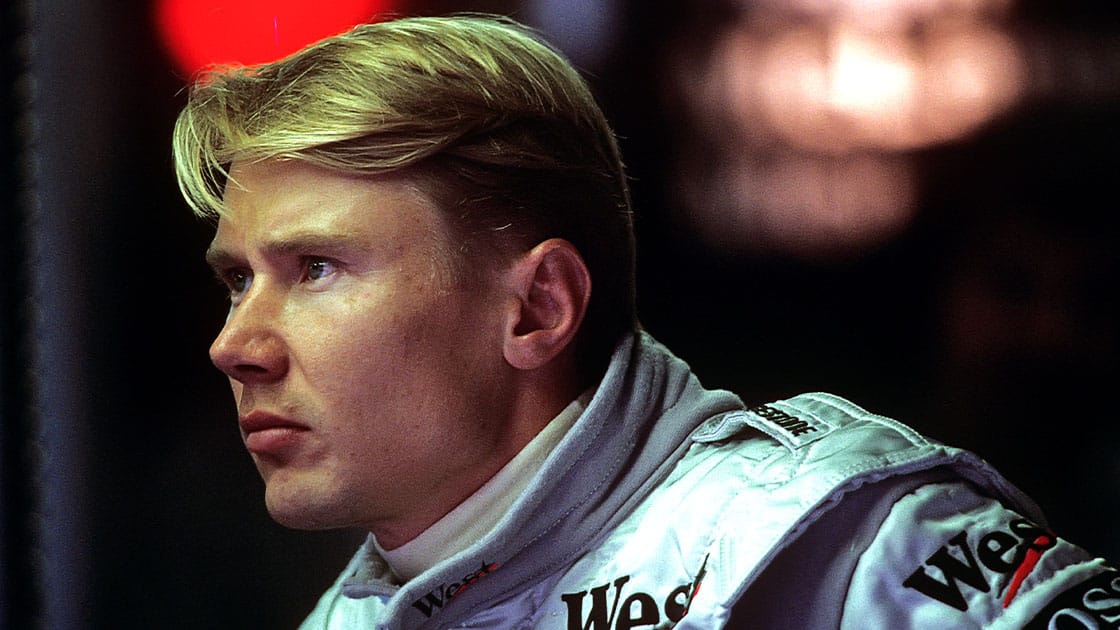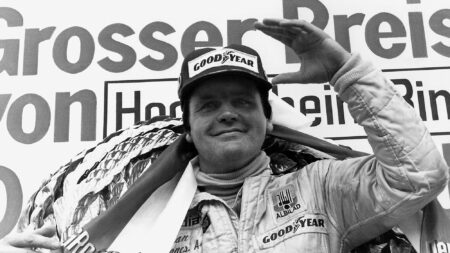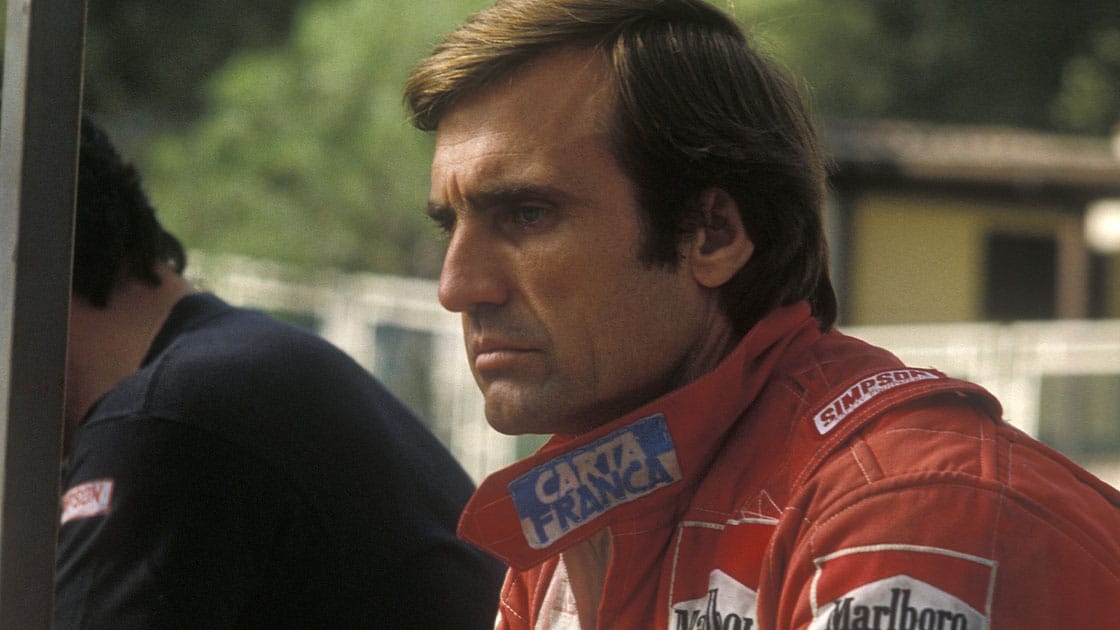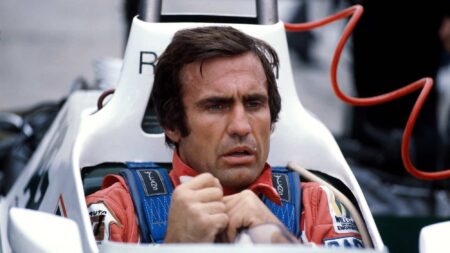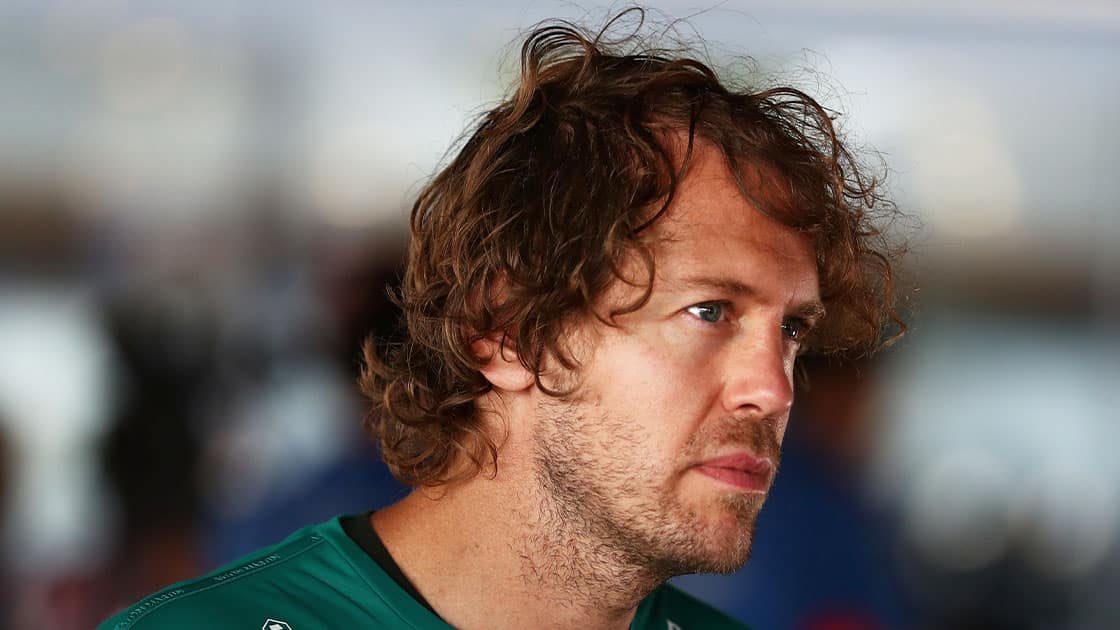Despite this success, the cool-headed Finn isn’t often the first choice when fans are asked to recall an F1 legend – but the relatively low-profile he has kept has helped fuel a cult-status amongst aficionados.
Born in the Finnish city of Vantaa in 1968, Häkkinen swept through junior titles before making it to F1 in 1991 with Lotus. The Finn endured seven tough years from then – including a near-fatal accident at the ’95 Australian GP – before the floodgates opened with a win at Jerez two years later.
He hit peak form just as McLaren introduced the MP4-13 in ’98, the combination being almost unstoppable. Häkkinen beat Michael Schumacher to that year’s title, before doing the same against Eddie Irvine in ’99.
The McLaren man would lose out to the strong challenge of Schumacher and the Ferrari F2000, competing in one more season before no longer having the motivation to block out the huge risks F1 entailed, leaving the sport for a sabbatical which would turn into retirement.
For those who view the late-90’s V10 era as one of F1’s peaks, the quirky yet cool Finn is a true icon.
Mika Häkkinen bio
Alan Jones
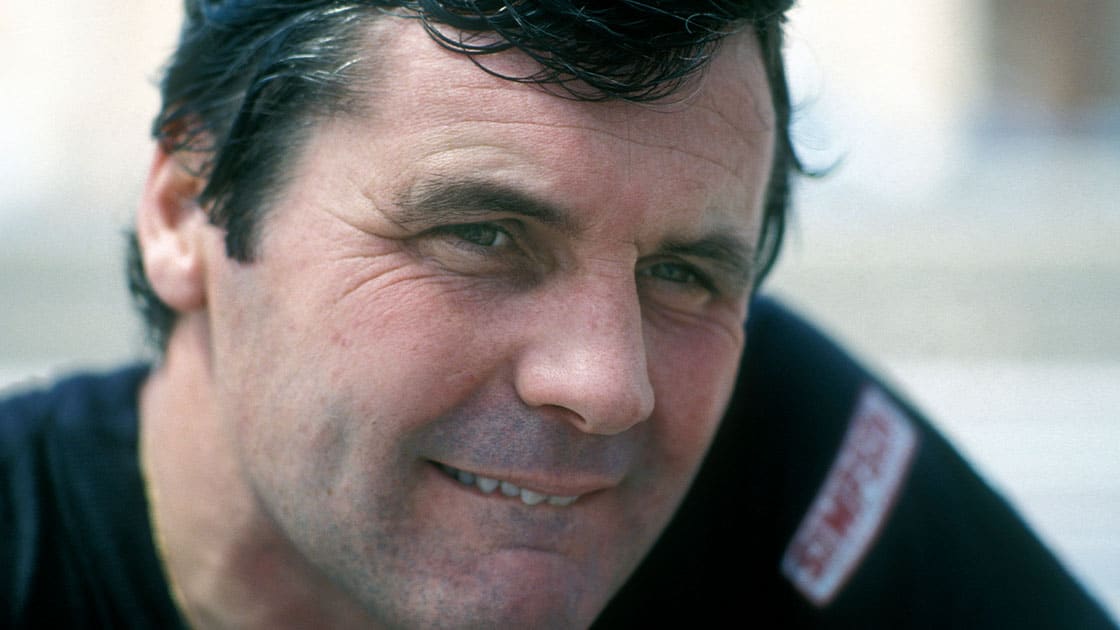
Alan Jones might have been Frank Williams’s very first world champion, but no one ever superseded him as the archetypal Didcot/Grove driver in the decades of success which would follow.

